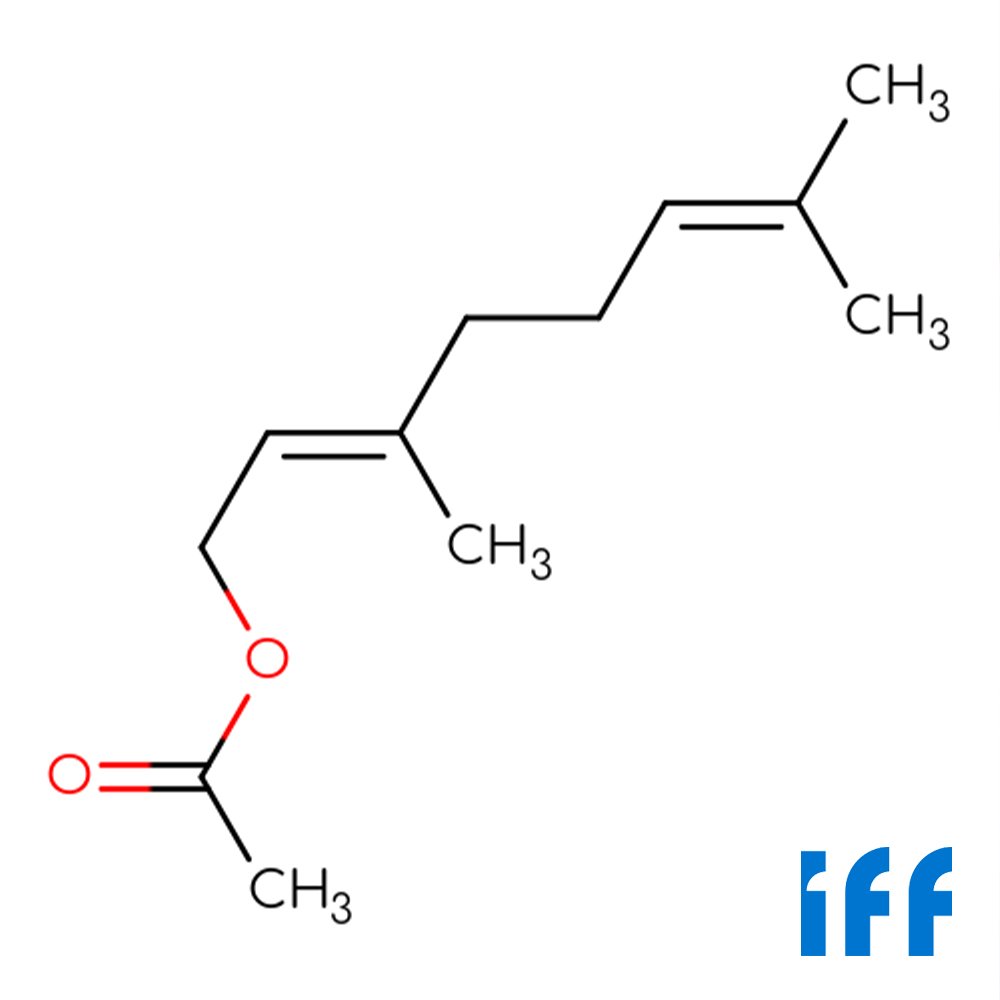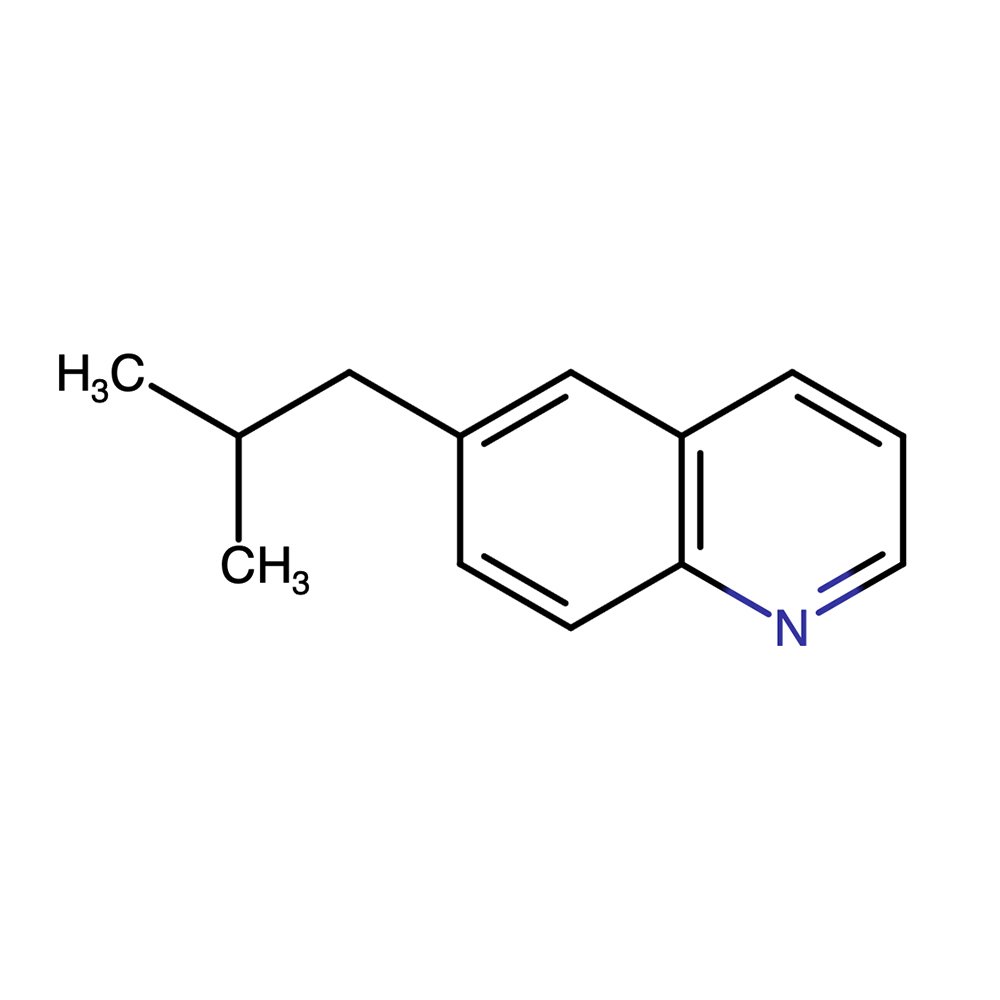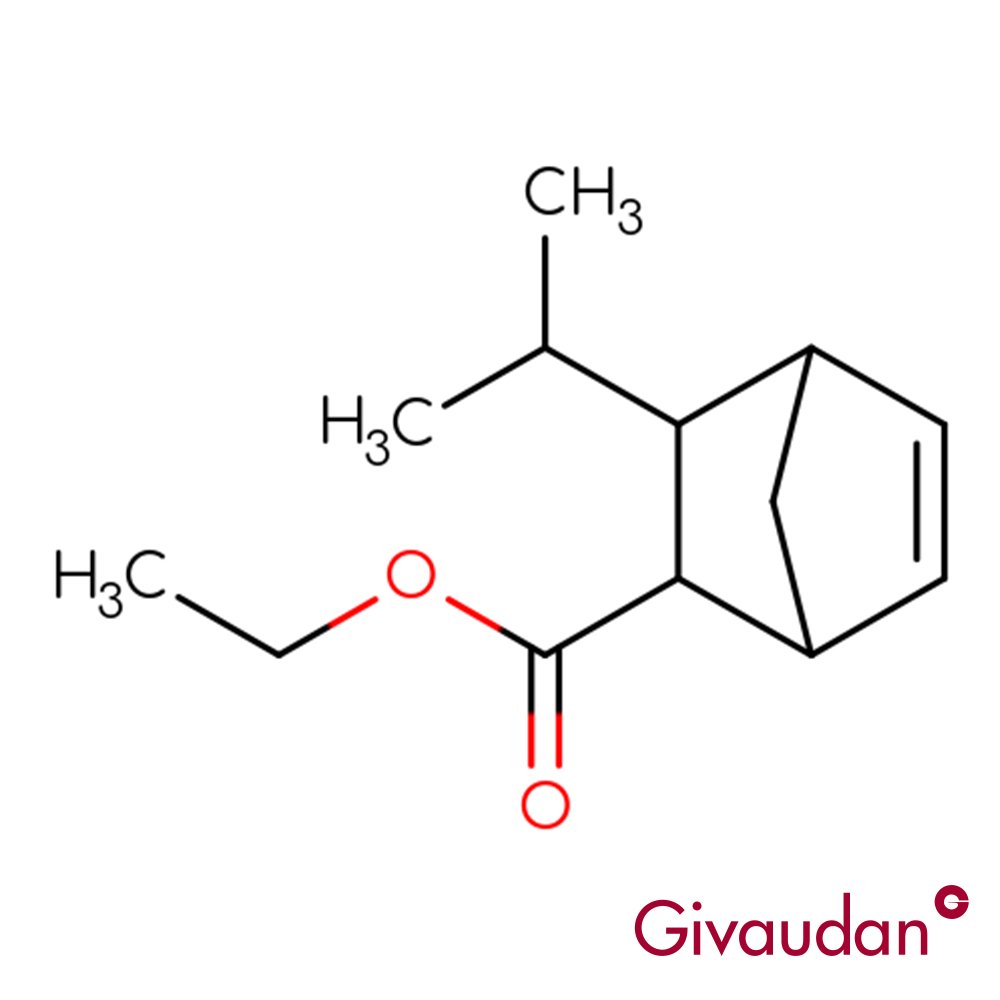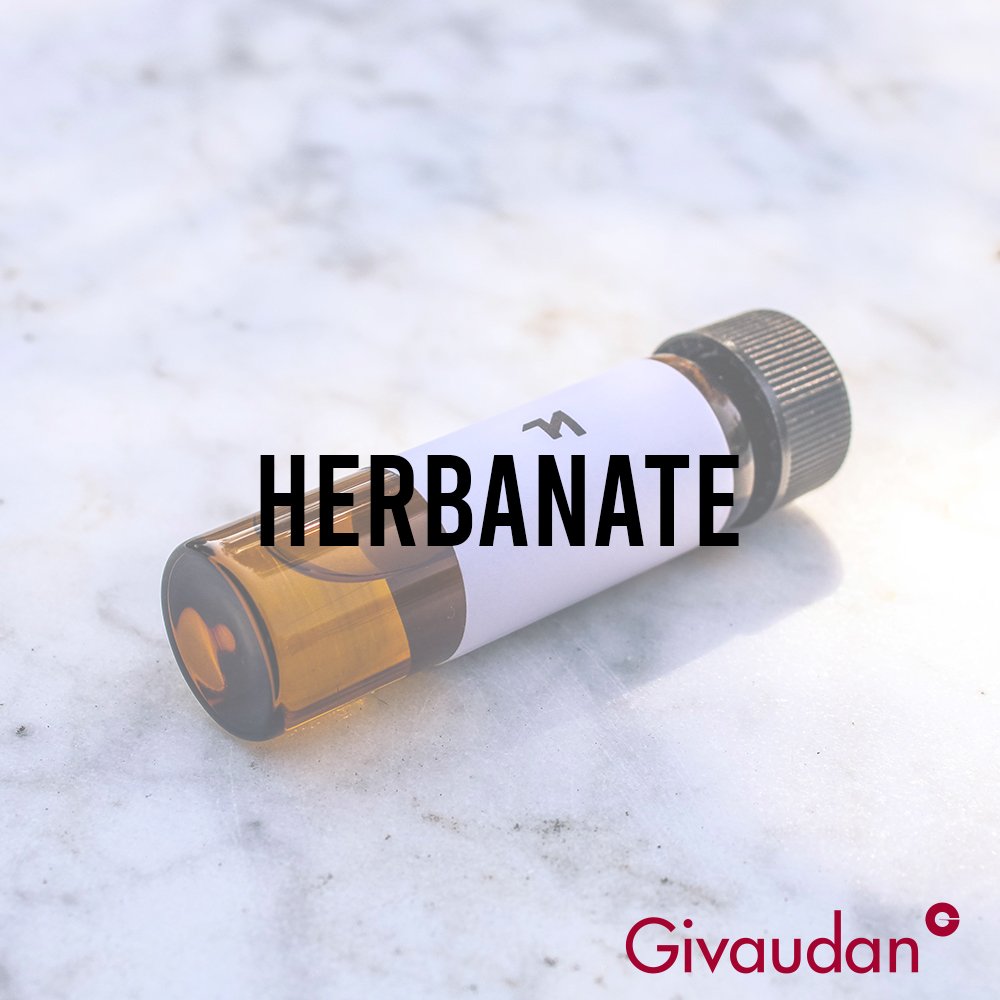 Image 1 of 3
Image 1 of 3

 Image 2 of 3
Image 2 of 3

 Image 3 of 3
Image 3 of 3




Geranyl Acetate
Premium Synthetic Ingredient for Perfumery
Geranyl Acetate is a synthetic monoterpenoid ester known for its fresh, rosy-floral profile with fruity green nuances. Chemically derived from geraniol and acetic acid, this compound plays a modifying and uplifting role in floral, citrus, and herbaceous fragrance compositions. Owing to its content of Neryl Acetate isomer, it exhibits an unusually fresh and metallic-rose character with subtle citronella and pear-like aspects. It is widely used across fragrance categories, including fine perfumery, fabric care, home care, and personal care.
Premium Synthetic Ingredient for Perfumery
Geranyl Acetate is a synthetic monoterpenoid ester known for its fresh, rosy-floral profile with fruity green nuances. Chemically derived from geraniol and acetic acid, this compound plays a modifying and uplifting role in floral, citrus, and herbaceous fragrance compositions. Owing to its content of Neryl Acetate isomer, it exhibits an unusually fresh and metallic-rose character with subtle citronella and pear-like aspects. It is widely used across fragrance categories, including fine perfumery, fabric care, home care, and personal care.
Premium Synthetic Ingredient for Perfumery
Geranyl Acetate is a synthetic monoterpenoid ester known for its fresh, rosy-floral profile with fruity green nuances. Chemically derived from geraniol and acetic acid, this compound plays a modifying and uplifting role in floral, citrus, and herbaceous fragrance compositions. Owing to its content of Neryl Acetate isomer, it exhibits an unusually fresh and metallic-rose character with subtle citronella and pear-like aspects. It is widely used across fragrance categories, including fine perfumery, fabric care, home care, and personal care.
Synthetic Ingredient Overview
🏭 Manufacturer: IFF
🔎 Chemical Name: [(2E)-3,7-dimethylocta-2,6-dienyl] acetate
🧪 Synonyms: Geranyl ethanoate, Geraniol acetate
🧬 Chemical Formula: C₁₂H₂₀O₂
📂 CAS N°: 105-87-3
📘 FEMA: 2509
⚖️ MW: 196.29 g/mol
📝 Odor Type: Floral, Rosy
📈 Odor Strength: Medium
👃🏼 Odor Profile: Green, fruity, rosy, with metallic-citronella and pear nuances; mild mushroom and neryl acetate freshness
⚗️ Uses: Modifier and enhancer in floral, herbaceous, and citrus perfumes
🧴 Appearance: Colorless to pale yellow liquid
What is Geranyl Acetate?
Geranyl Acetate is a monoterpenoid ester, synthesized through the reaction of geraniol and acetic acid, and is a key compound in floral and citrus-scented perfumery. It is part of the broader terpene chemical class, which is known for its volatility and natural aromatic diversity.
Though synthetic, Geranyl Acetate occurs naturally in several essential oils including:
Geranium (Pelargonium graveolens)
Lemongrass (Cymbopogon spp.)
Citronella (Cymbopogon winterianus)
Coriander
Sweet orange leaf
Due to its isomer content (notably Neryl Acetate), it stands out among floral esters for its unique metallic-green freshness layered over a soft rose note, with mild creamy and fruity undertones.
Olfactory Profile & Perfumery Applications
Geranyl Acetate is appreciated for its floral lift, especially in:
Rose and muguet bases
Neroli and citrus blossoms
Fresh fruit blends (pear, peach, lychee)
Aromatic herbal profiles (basil, coriander, verbena)
It acts as a naturalistic top-to-heart note connector, bridging citrus top notes and floral heart notes with fluidity and lightness. Its moderate tenacity and diffusiveness make it a useful background material that subtly shapes the profile without dominating.
Common pairings include:
Citronellol, Linalool, Nerol (for rosaceous builds)
Bergamot, Lemon, Orange oil (for citrus enhancements)
Iso E Super, Hedione, and Florhydral (in contemporary florals)
Industrial & Technical Uses
Beyond fine perfumery, Geranyl Acetate is employed in:
Personal care (soaps, lotions, deodorants)
Home care (air fresheners, scented candles)
Fabric care (conditioners, laundry enhancers)
Flavoring (in low concentrations, as FEMA GRAS 2509)
It contributes a floral-green nuance in numerous functional fragrance systems due to its excellent solubility and stability under standard formulation conditions.
Regulatory & Safety Overview
IFRA Guidelines (51st Amendment): Usage restricted by category; consult IFRA Certificate of Conformity
EU Cosmetics Regulation (Annex III): Contains Geraniol, Citral, and potentially other declarable allergens
FEMA GRAS No. 2509: Approved for use in flavoring applications (e.g., citrus, peach, and pear profiles)
ECHA CLP Status: Classified as Skin Sensitizer Category 1B
Flash Point: 107 °C
LogP: ~4.0 (moderately lipophilic)
⚠️ Due to allergenic potential, usage should comply with IFRA maximum limits. Declaring on product labels may be mandatory when thresholds are exceeded.
Conclusion
Geranyl Acetate is a versatile, cost-efficient, and olfactively refined synthetic ester, vital to both traditional and modern fragrance formulation. Its floral-green, slightly fruity and metallic profile ensures a wide range of applications, especially where rosaceous freshness and citrus-floral transitions are required. It remains a backbone material in fine fragrances and consumer product blends due to its high formulation tolerance and pleasant olfactory character.
Sources
IFF Technical Documentation
S. Arctander – Perfume and Flavor Chemicals (1969)
FEMA GRAS Database – FEMA No. 2509
PubChem CID 7794: Geranyl acetate
Scentspiracy Internal Archives (Fulvio Ciccolo)
ECHA Substance Information
IFRA Standards 51st Amendment





